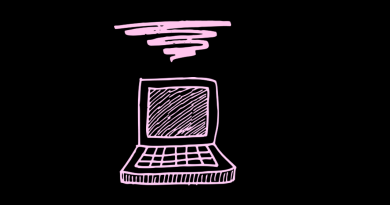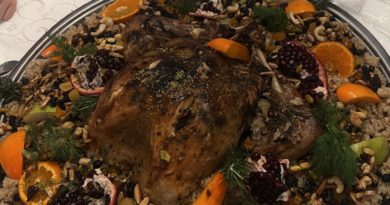Native American Voter Suppression: Is the Pledge of Allegiance Valid?
“I pledge allegiance to the flag of the United States of America, and to the republic for which it stands, one nation under God, indivisible, with liberty and justice for all.”
When students pledge this message every morning, they are promising a statement of loyalty to a country that stands by the Preamble of the Constitution with the principles of liberty and justice for all. These core American values tie to one right granted to all citizens: suffrage. The right to vote stated in the 15th, 19th, and 24th amendments allocate the power to the people to have democracy by electing the representatives that will run the country. However, if these rights are so clearly outlined, why is it that 85% of American citizens are not confident that America’s political system represents a true democratic republic? (Schaeffer) One of the major ways democracy is being blocked is through voter suppression. Voter suppression is the influencing of election outcomes through the discouragement or prevention of specific groups to vote.
One group that needs to be highlighted is Native Americans, reporting to be 13% lower in voter participation than the national average (“The White House”). One main form of suppression is what Native Americans have tried to preserve through years of American assimilation: reservations. However, it was this noble struggle that played as the umbrella for difficulties for the indigenous. For instance, the distances needed to travel to get to the nearest booth for the Duckwater Reservation would be 140 miles (“Brennan Center for Justice”). Additionally, only 35% of reservations have mailing services on Nevada reservations, making mail-in ballots inaccessible to many Native Americans (Tomassoni).
Although it is clear numerous factors contribute to the voter suppression of Native Americans, it is clear that simply making voting requirements easier would raise concerns for the security and integrity of the electoral process. In order to ensure that alterations in voting requirements solely benefit US citizens eligible to vote, installing more locations on reservations where Native Americans can cast their ballots. This would advance motivation for Native Americans to vote because of increased convenience and would decrease the need for mail-in ballots, also decreasing discrepancies with voter IDs and residency addresses.
However, such problems embedded in systematic discrimination need a grassroots means of change from a wider scope of people to even start these changes in policy. In history, we see change occur when someone uses their rights to speak out and protect the rights of the discrimination: Thomas Paine, Martin Lither King, Elenaor Roosevelt. That is why it is crucial for Americans, who do have privileges to use their rights to fight for the people who are not as fortunate by using your votes and voices to help minorities like Native Americans achieve equal voting rights. A country truly run by all citizens, and citizens fighting to help each other. That’s democracy. That’s the country Americans pledge allegiance to with liberty and justice for all.
Work Cited
“Mission & Impact.” Brennan Center for Justice, https://www.brennancenter.org/about/mission-impact.
Schaeffer, Katherine. “On July Fourth, How Americans See Their Country and Their Democracy.” Pew Research Center, Pew Research Center, 30 June 2022, www.pewresearch.org/short-reads/2022/06/30/how-americans-see-their-country-and-their-democracy/.
The White House, www.whitehouse.gov/wp-content/uploads/2022/03/Tribal-Voting-Report-FINAL.pdf. Accessed 12 Oct. 2023.
Tomassoni, T. (2020, November 4). Native voters struggle amid growing reliance on mail-in voting. The Washington Post. Retrieved February 7, 2023, from https://www.washingtonpost.com/nation/2020/10/24/native-voters-struggle-amid-growing-reliance-mail-in-voting

